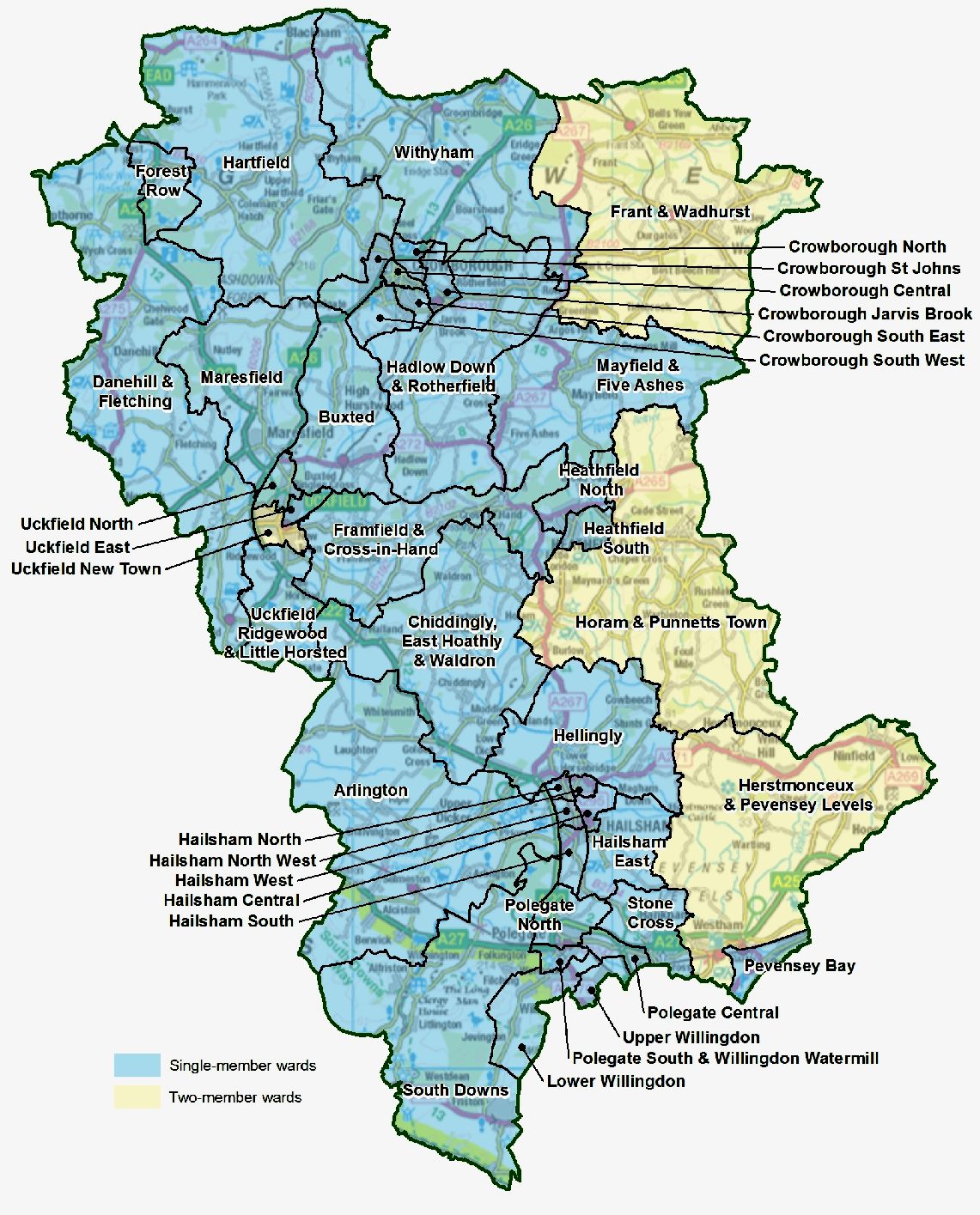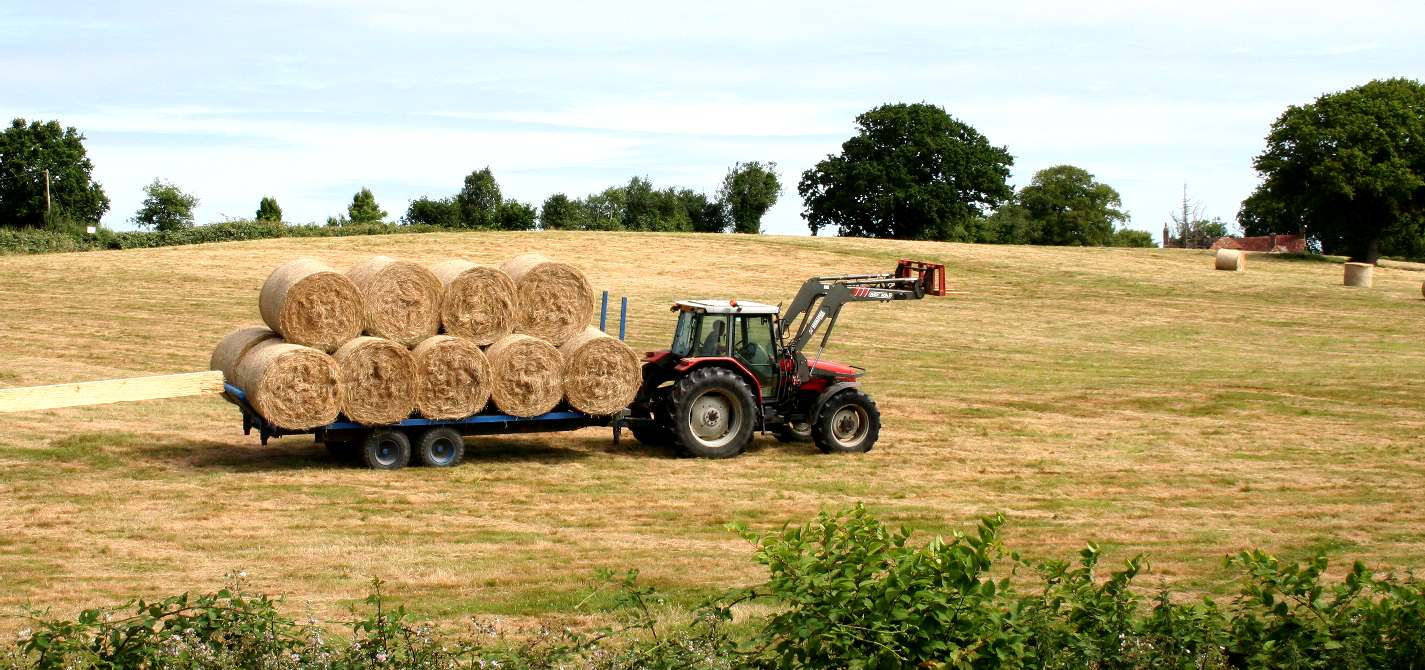|
APPEAL TO THE INSPECTORATE
AFFORDABLE | CLIMATE | DEVELOPERS | ECONOMY | FLOOD | HISTORY | HOMES LADDER | MORALS | POVERTY | PROPERTY | SLAVERY | TAXES | SLUMS | VALUATIONS | WEALTH
|
APPEALING FOR DETERMINATION BY THE SECRETARY OF STATE
8 WEEK LIMIT - If the local authority fail to determine the application within the allotted eight week period - and that is likely - even where a council may be of assistance in helping with fees. This is because they might prefer that the Secretary of State determines the application, rather than the council upsetting any local landowner and where there may be a conflict of interests if members of the council know the landowner, or maybe the landowner has relations on Parish or District council committees. if that is the case expect to see declarations in the Register. If you know that there are such conflicts and no declarations have been registered, that is a whole different ball game and the impropriety should be brought to the attention of the scrutiny committee or the Standards Board of England.
APPEAL - Assuming that any conflict has been dealt with and the council fail to determine in the statutory eight week period, appeal the proposal to the Planning Inspectorate (Secretary of State).
You must allow the council any reasonable extension of time, but generally, there is no excuse for delays. If there is a delay that seems unreasonable, it is usually because the council are fighting shy of facing facts - in cases like this where all your duck are in order - that they should grant permission, but that there is either a hidden agenda or your application puts the cats amongst the pigeons and may upset a members/officers personal plans for the same parcel of land. They may even own it and not want it devalued by being accepted for affordable housing.
AFFORDABILITY - These houses may have energy harvesting features, but they are not affordable, though the unit on the right could be if it was smaller. The problem here is that glass on this scale is expensive and you need a heat store to capitalize on the collection ability - which the Forest Row home in Sussex (right) does not have. No point then trying to argue a sustainability case if you do not have the right planning combination. The orangery installed on the Gloucestershire home (left) used the brick walls to store the heat from the sun to release at night.
An orangery or orangerie was a room or a dedicated building on the grounds of fashionable residences from the 17th to the 19th centuries where orange and other fruit trees were protected during the winter, similar to a greenhouse or conservatory.
CLIMATE CHANGE & AFFORDABILITY
For all of these reasons it is very important that you work out the figures for each unit (or multiples of units) so that they can be built and yet remain affordable. Affordable, meaning that each unit can be sold to any low wage earner without going outside the normal Building Society lending limits.
The other main consideration is that the houses must have energy harvesting features sufficient so that your development could be said to make a significant contribution to meeting the UK's climate change targets for 2050. Fortunately (or maybe unfortunately depending on your viewpoint) the United Kingdom is way behind in meeting its obligations in this regard, meaning that the Secretary of State would have to have very good reason to dismiss your appeal. This is because the Government are committed to providing affordable housing and meeting the agreed climate change targets. It is so dire at the moment that Conservative MP Michael Gove has been summoned to Europe to explain the position (19-01-18)
If you are setting a good example and/or a case precedent that might encourage other developers to follow suit, then you are presenting a potential path towards lowering UK emissions.
You should include an electric vehicle in the formula, together with a charging point. You might even offer to use electric transport whenever practical by way of a 106 agreement to that effect. If you install enough solar panels and include a car port or garage with a PV paneled roof, that is another set of brownie points in your favour. The cost of the car does not have to be included in the cost of the house build.
Such a development on greenbelt may not normally given consent, but where nearly all councils are failing to identify or otherwise provide a rolling stock of land for affordable housing, the NPPF document spells it out that in those circumstances a developer may identify this for themselves. It is common sense really.
It might though be a good idea to write to the council to ask them if they know of any better sites before making your application. If they say yes and can identify a suitable area, then apply on the area that they are suggesting. In other words, fight as much of the battle before any application. You may find that the council trips over its own tongue in providing contradicting advice. We have seen this umpteen times. (non transit in res judicarta)
WHAT NEXT ?
if your appeal is upheld by the Planning Inspectorate on behalf of the Secretary of State, then well done for putting together an application that may have set a bench mark (case precedent) for affordable houses in the United Kingdom, in that an area of land will have been deemed suitable for development for low cost housing where any local plan has not made provision for the rolling stock of affordable land as required by the NPPF document..
If the appeal is refused. Look carefully at the reasons for refusal. It may be that an amendment or recommendation by the Secretary of State could cure any defect by way of a second application with the defect remedied. The alternative is to appeal to the High Court, and this is why it is important to make the application in the name of the appropriate corporate or social entity.
At this point, unless you are a planning consultant or lawyer, you may want to let us (Climate Change Trust) have a look at your determination. It would be wiser to run you application past us before you apply, just in case our advocate may be prepared to help with the application on a pro-bono basis (no win, no fee).
VALUATION OFFICE APPEALS
If you win your planning appeal, be careful that your home is not blighted with an incorrect Council Tax assessment.
Council's work with the Valuation Office Agency who claim to be independent bodies along with the Valuation Tribunal Service, but in fact all work together as part of a multi-agency group to extort as much money as they can from the electorate. They exchange information with each other using any way of getting around data protection laws they can. All it takes is a phone call that is not recorded, or chat over a cup of coffee to decide a strategy to do a council a favour. In one very interesting case Judith Barnes and Peter Hardcastle were panel members of a Valuation Tribunal Service appeal with Tracy Nicholson appearing for Andrew Corkish from their Eastbourne offices. Other Valuation officers in the mix include Steve Bliss and Jo Coll.
It is alleged that all of those in the chain of perverse decision making are guilty of fraud as defined by the Fraud Act 2006 at Section 4. This is an unbbelievable tale of corruption where Wealden District Council had obtianed an enforcement notice against a property, but still wanted money against a Band E valuation where they knew that the property could not be legally occupied, rented, or otherwise used residentially contrary to the law of Estoppel or Res Judicata.
The players in this little Gestapo like conspiracy were:
Andrew Corkish (for VO) Charlotte Corkish (for VO) Judith Barnes (VTS panel member) Peter Hardcastle (VTS panel member) Tracey Nicholson (for the VO) Graham Wayman (for WDC) Jon Bestow (registrar for the VTS)
Other players involved in the conspiracy to defraud over the years included:
Map of the Wealden District
LINKS
https://www.fwi.co.uk/business/UK-farmland-will-be-cheaper-in-2020-than-now-says-savills.htm http://www.rics.org/uk/knowledge/glossary/agricultural-land-prices/ https://www.farminguk.com/news/UK-farmland-values-fall-by-an-average-of-10-in-12-months_47618.html http://www.uklandandfarms.co.uk/agricultural-land-prices-news/land-accounts-for-over-half-of-UK-net-worth/
FARMING - The backbone of any society is the production of food to feed the population, though these days much of what we eat is imported from other producers, such as fish farmed in Asia. We can no longer find enough fish locally having exhausted our fisheries. Agriculture is also changing where we have drained the soil for so long with artificial fertilizers that yields will fall, meaning a shift to obtaining protein from the sea - but unfortunately we are disposing of around 8 millions tons of plastic in our seas - poisoning marine life that we need to keep us nourished. Food security is therefore high on the United Nations agenda via the Food and Agriculture Organization.
|
|
AFFORDABLE | CLIMATE | DEVELOPERS | ECONOMY | FLOOD | HISTORY | HOMES LADDER | MORALS | POVERTY | PROPERTY | SLAVERY | TAXES | SLUMS | VALUATIONS | WEALTH
|




